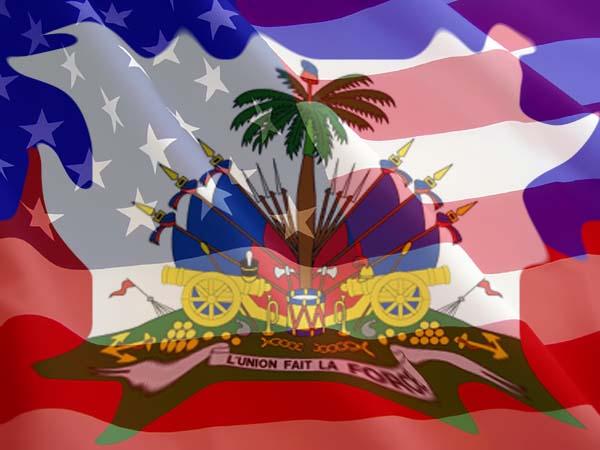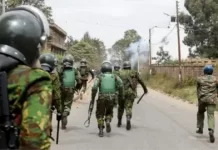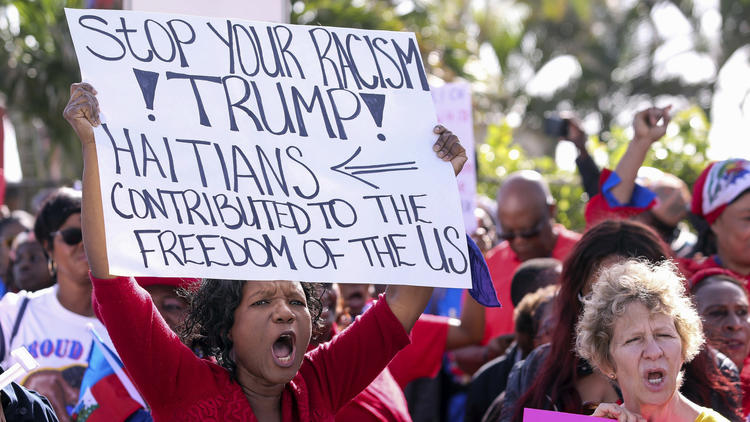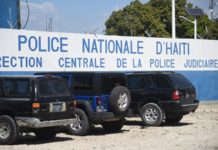
The Department of State warns U.S. citizens to carefully consider the risks of traveling to Haiti due to its current security environment and lack of adequate medical facilities and response. The Department of State also warns U.S. citizens to carefully reconsider travel to Haiti due to Hurricane Irma, a category 5 storm projected to impact Haiti. This storm may bring significant rainfall and wind that may result in life-threatening flooding, flash flooding, mudslides, and storm surge. Disruptions to travel and services are likely throughout the country. On September 5, the Department authorized the voluntary departure of U.S. government employees and their family members due to Hurricane Irma. This replaces the Travel Warning dated May 22, 2017.
Rates of kidnapping, murder, and rape rose in 2016. While there is no indication that U. S. citizens are specifically targeted, kidnapping for ransom can affect anyone in Haiti, particularly long-term residents. Armed robberies and violent assaults reported by U.S. citizens have risen in recent years. Do not share specific travel plans with strangers. Be aware that newly arrived travelers are targeted. Arrange to have your host or organization meet you at the airport upon arrival or pre-arranged airport to hotel transfers. Be cautious when visiting banks and ATMs, which are often targeted by criminals. Fewer incidents of crime are reported outside of Port-au-Prince, but Haitian authorities’ ability to respond to emergencies is limited and in some areas nonexistent. U.S. Embassy employees are discouraged from walking in city neighborhoods, including in Petionville. Visit only establishments with secured parking lots. U.S. Embassy personnel are under a curfew from 1:00 a.m. to 5:00 a.m. Embassy personnel must receive permission from the Embassy security officer to travel to some areas of Port-au-Prince and some regions of the country, thus limiting the Embassy’s ability to provide emergency services to U.S. citizens.
Protests, including tire burning and road blockages, are frequent and often spontaneous. Avoid all demonstrations. The Haitian National Police’s ability to assist U.S. citizens during disturbances is limited. Have your own plans for quickly exiting the country if necessary.
The U.S. Embassy remains concerned about the security situation in the southern peninsula departments of Grand Anse and Sud following the devastation of Hurricane Matthew. Embassy employees are not permitted to travel to those departments without special approval for and official trips only.
Medical care infrastructure, ambulances, and other emergency services are limited throughout Haiti. Check that your organization has reliable infrastructure, evacuation, and medical support in place. Comprehensive medical evacuation insurance is strongly advised for all travelers.
This travel warning informs U.S. citizens that on September 5, the Department authorized the voluntary departure of U.S. government employees and their family members due to Hurricane Irma. This replaces the Travel Warning dated May 22, 2017.
For further information:
- See the State Department’s travel website for the Worldwide Caution, Travel Warnings, Travel Alerts, and Haiti’s Country Specific Information.
- Enroll in the Smart Traveler Enrollment Program (STEP) to receive security messages and make it easier to locate you in an emergency.
- Contact the U.S. Embassy in Port-au-Prince, located at Boulevard du October, Route de Tabarre telephone: 509-2229-8000; after hours emergency telephone: 509-2229-8000; fax: 509-2229-8027; e-mail: acspap@state.gov; web page: http://haiti.usembassy.gov.
- Anyone who missed a scheduled American Citizen Services appointment at the U.S. Embassy due to Hurricane Matthew is welcome to call 509-2229-8000, 509-2229-8900 or send us an email at the acspap@state.gov to reschedule your appointment. For Immigrant or nonimmigrant visa cases, please contact the call center at 509-2819-2929 or by email at support-Haiti@ustraveldocs.com.
- Call 1-888-407-4747 toll-free in the United States and Canada or 1-202-501-4444 from other countries from 8:00 a.m. to 8:00 p.m. Eastern Standard Time, Monday through Friday (except U.S. federal holidays).
By: US Department of State. | September 11, 2017





























![Phyllisia Ross – KONSA [Official Music Video]](https://haitiville.com/wp-content/uploads/2014/08/phyliisia.jpg)









